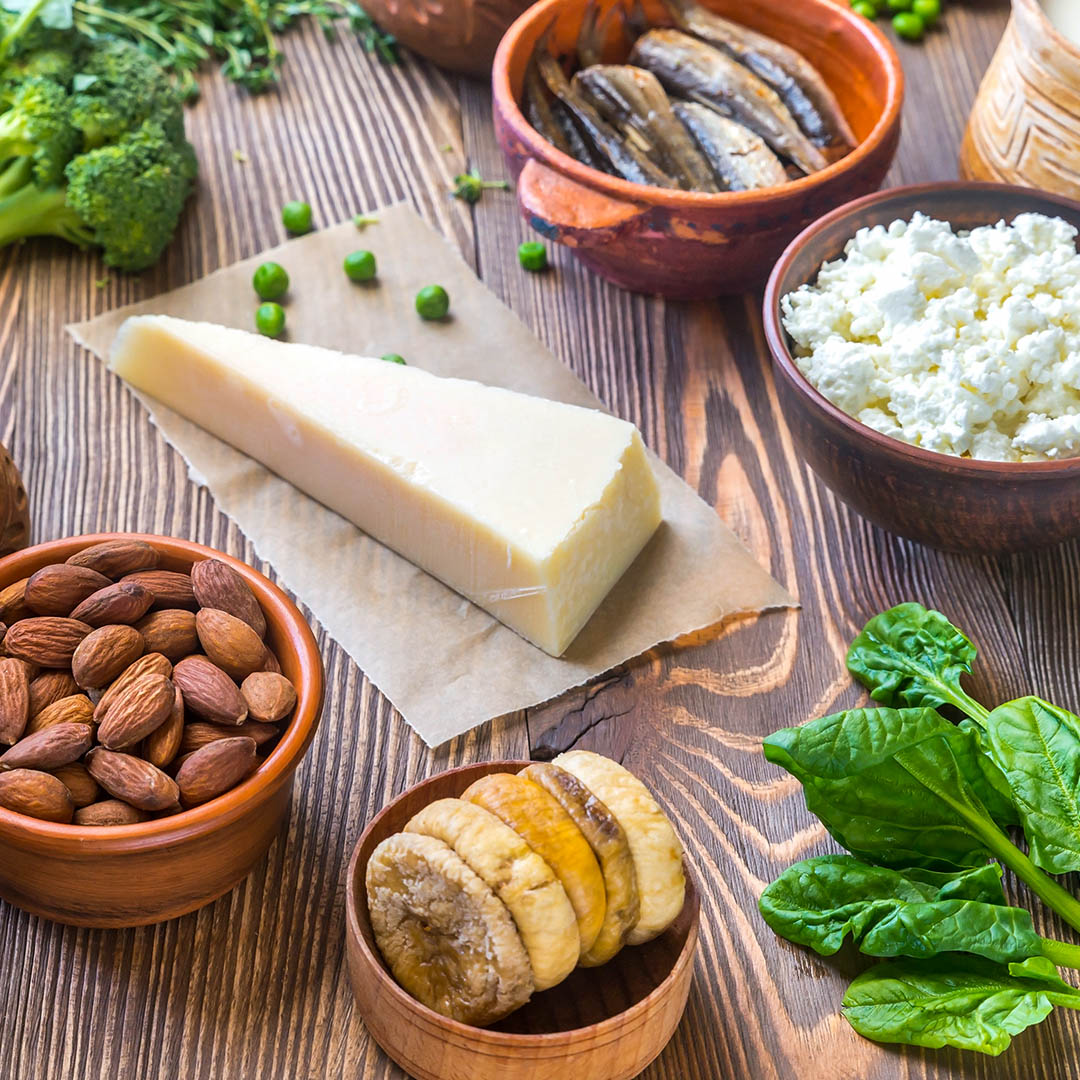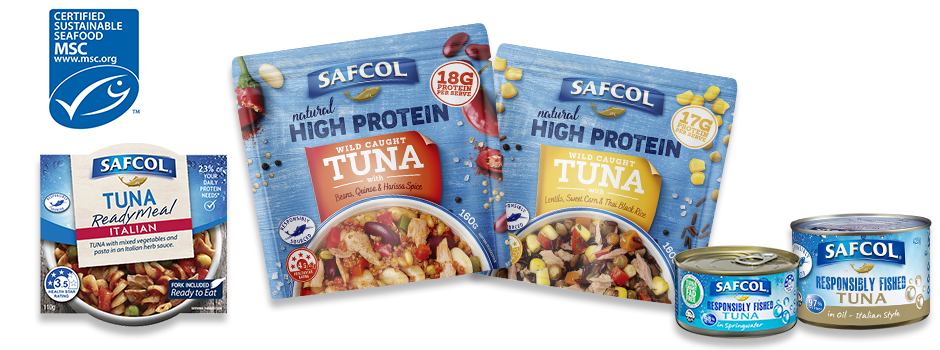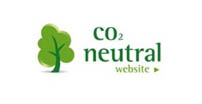Include calcium to reduce your risk of breast and colorectal cancers
Posted on : May 28, 2021
by Ashleigh Feltham
Accredited Practising Dietitian and Accredited Nutritionist
Include calcium in your diet to help reduce your risk of breast and colorectal cancers. Colorectal and breast cancer is not on anyone’s ‘to-do list. The good news is there are ways you can reduce your risk. Diet is one powerful way you can decrease your risk of these two cancers. This blog looks specifically at the power of calcium in reducing your risk of these two cancers.

Assessment of available research on calcium and colorectal cancer concluded each 300 mg per day increase in your total calcium intake was associated with an approximately 8% decreased risk of colorectal cancer. Calcium is predicted to play a suppressive role in preventing tumour growth.
Calcium plays a killer role in reducing your risk of both pre-and post-breast cancer by helping to switch on the cells which kill and destroy potential breast cancer cells called Natural Killer Cells. Calcium may also help to switch on a gene that promotes the destruction of breast cancer cells.
Cancer cells secrete lactic acid to help hide in their environment. Calcium can also expose breast cancer cells to the T cells and Natural Killer cells and promote their destruction by reducing the lactic acid environment.
Sources of calcium are well known in the dairy group but have you considered dairy-free alternatives to give your body its needed calcium?
Seafood provides two sources of non-dairy sources of calcium in Safcol Wild Alaskan Pink Salmon 210g as well as three quality sardine choices:
- Safcol Brisling Sardines in Tomato Sauce
- Safcol Brisling Sardines in Oil
- Safcol Brisling Sardines in Springwater
½ cup or 100g of pink salmon with bones and 60g of sardines is a non-dairy serve of calcium.
support.
Take home message
If you have moved away from dairy products and looking for other ways to meet your calcium needs or want to increase the variety of foods in your diet which provides you with calcium, Safcol Seafood is a great choice to add.

References:
- Yang W, Liu L, Masugi Y, Qian ZR, Nishihara R, Keum N, et al. Calcium intake and risk of colorectal cancer according to expression status of calcium-sensing receptor (CASR). Gut. 2018;67(8):1475-83.
- Schwarz EC, Qu B, Hoth M. Calcium, cancer and killing: the role of calcium in killing cancer cells by cytotoxic T lymphocytes and natural killer cells. Biochim Biophys Acta. 2013 Jul;1833(7):1603-11. doi: 10.1016/j.bbamcr.2012.11.016. Epub 2012 Dec 3. PMID: 23220009.
- Choi, S. Y., Collins, C. C., Gout, P. W., & Wang, Y. (2013). Cancer-generated lactic acid: a regulatory, immunosuppressive metabolite?. The Journal of pathology, 230(4), 350–355. https://doi.org/10.1002/path.4218
- Giorgi, C., Bonora, M., Sorrentino, G., Missiroli, S., Poletti, F., Suski, J. M., Galindo Ramirez, F., Rizzuto, R., Di Virgilio, F., Zito, E., Pandolfi, P. P., Wieckowski, M. R., Mammano, F., Del Sal, G., & Pinton, P. (2015). p53 at the endoplasmic reticulum regulates apoptosis in a Ca2+-dependent manner. Proceedings of the National Academy of Sciences of the United States of America, 112(6), 1779–1784. https://doi.org/10.1073/pnas.1410723112



